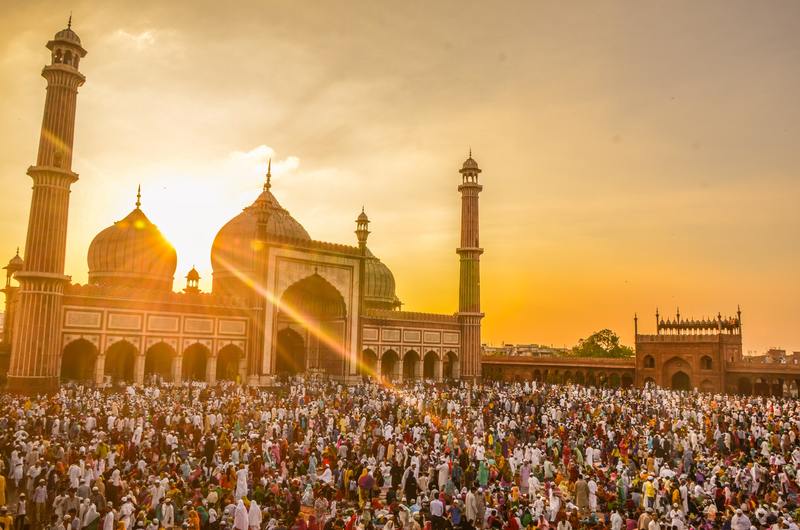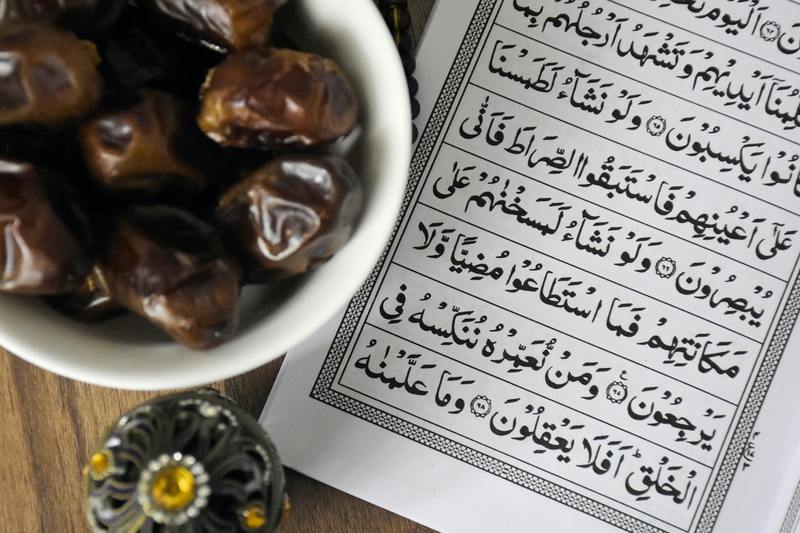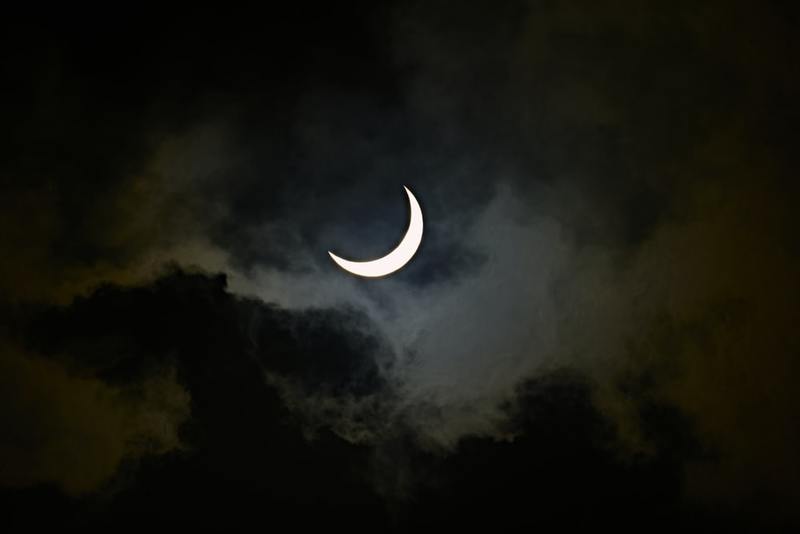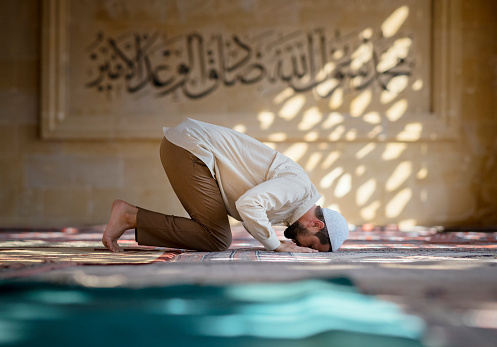[ad_1]
This weekend, millions of Muslims around the world gather to observe the holy month of Ramadan. Many of us have probably heard of Ramadan, and even wondered why Muslims fast during this month. But what is it exactly?
Ramadan is the holiest month in the Muslim calendar. This year, Ramadan began on Saturday April 2 and will end on Sunday May 1. Muslims spend the month observing increased prayer throughout the day, fasting from dawn to sunset, and often reciting the Holy Quran, or Islam’s holy book.

What is Ramadan?
Many have heard of the practice of fasting during Ramadan. Simply put, fasting is a practice in which one abstains from eating and drinking. Muslims usually wake up early in the morning before sunrise and prepare Suhoor or Sehri, a meal meant to provide energy and nutrients needed throughout the day. In the hours that follow, food and drink, as well as immoral actions and idle talk, should be avoided. At sunset, the fast is broken. As a rule, Muslims break their fast by eating a date and water, as was the custom of the Holy Prophet Muhammad (peace and blessings be upon him).
Optional prayers including Tahajjud and Taraweeh are also observed often. Tahajjud prayers are offered after midnight or early in the morning before dawn. Tarawih prayers are observed at night, preferably at the mosque in congregation. Muslims spend their days this way during the 30 days of Ramadan.

Laylatul-Qadr, or “The Night of Destiny”, is a term used to describe a special night during the last ten days of the month of Ramadan.
At the end of Ramadan, Muslims observe a day called Eid-Al-Fitr. During this day, a special Eid prayer is observed at the mosque and families gather to celebrate and feast. Muslims do not fast on the day of Eid-Al-Fitr.
Ramadan days are based on the lunar calendar; Ramadan begins with the sighting of the new moon and also ends with the new moon. The holy month is advanced approximately 11⅓ solar days each year.

What is fasting in Islam?
Fasting is one of the 5 pillars of Islam, emphasizing that it is a fundamental foundation of the Islamic faith. In the Holy Quran, God has ordered all Muslims, except those who are sick or traveling, to fast. He said, “O you who believe! fasting is prescribed for you, as it was prescribed for those who preceded you, that you may become righteous” [2:184].
In Islam, fasting is not just a physical exercise, but also a spiritual exercise. The ultimate goal of fasting is to draw closer to God. It protects Muslims from evil and teaches them to control their passions and live productively.
In one instance, the Holy Prophet Muhammad (peace and blessings be upon him) said: “Fasting is a shield; so on the day when one of you fasts, he must not indulge in swear words or shout. And if someone mistreats him or fights with him, he should just tell him, ‘I’m fasting, I’m fasting.’

It is prescribed for all Muslims to fast. Those who are ill or traveling are exempt from the practice and are required to complete it later. Pregnant women, menstruating women and breastfeeding women are also exempt, as well as children who have not yet reached puberty.
What are the origins of Ramadan?
We know Ramadan is the holiest month for Muslims, but why? During Ramadan, the angel Gabriel was sent by God and revealed the Holy Quran to the Holy Prophet Muhammad (peace and blessings be upon him). Laylatul Qadr is the night when the Holy Prophet received this revelation. Thus, during this night, God especially pours out his mercy on the Muslims.
The Holy Prophet (peace and blessings be upon him) once said: “Whoever establishes the prayers on the night of Qadr out of sincere faith and in the hope of attaining the rewards of Allah (without showing himself), then all his past sins will be forgiven’ (al-Bukhari, Vol.1, Book 2, No. 34).

What should I tell my Muslim friends?
A simple “Happy Ramadan” is a great way to thank your Muslim friends during Ramadan. “Ramadan Mubarak” and “Ramadan Kareem” can also be pronounced. Spending this joyful time of year spreading kindness and good humor is the best way to show appreciation during Ramadan.
The true essence of Ramadan
As Muslims around the world commemorate the month of Ramadan by praying in mosques, reading the Holy Quran and fasting, the true essence of this month is both timeless and universal. Striving to improve upon their shortcomings, showing compassion for the needy and helping those in need are qualities that all of us, regardless of religion or month, should try to implement in our lives so to improve ourselves and the world around us.
